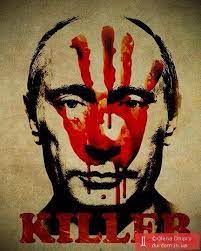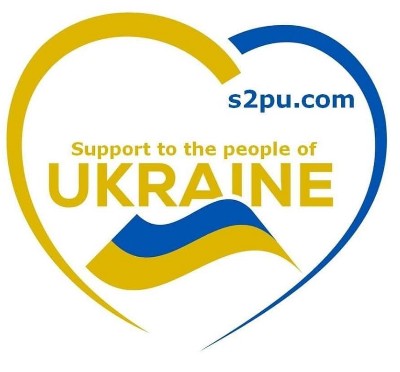
Prosecuting heads of state for wars of aggression is a nut of international law, which has not been broken since the court settlement after World War II. But there may be a solution.
There is currently an international discussion among international law lawyers about how to prosecute the Russian leadership, including Putin. The discussion concerns in particular the crime of aggression, ie that one state attacks another state militarily. According to international law, aggression crimes are punishable.
Individuals associated with a political leadership in a state can be personally held criminally responsible for this crime no matter what country the heads of state come from. There is little disagreement that what has happened in Ukraine is a crime of aggression in the sense of international law. Both the objective and subjective conditions of criminality are met in relation to persons in the Russian leadership.
The challenge of a criminal trial lies on two levels. One is the rules that make it almost impossible to formally prosecute heads of state for wars of aggression at the International Criminal Court (ICC) in The Hague. The second is difficulties associated with arrest.
The first problem has led to proposals for the establishment of an ad hoc court with easier legal access to convict the Russian aggression crime, first promoted by the British lawyer Phillipe Sands, best known in Norway for the book "Back to Lemberg" ("East West Street" ).
This proposal has its advantages but also disadvantages. The prosecution and the judges of this court will have explicit competence to prosecute and convict those responsible for aggression crimes. Then one comes to the problem that the Rome Statute for the ICC has major limitations precisely when it comes to indictment and conviction for aggression. A disadvantage is that this court settlement is situational and a one-off case that there will be no political will to repeat on the next occasion.
In a recently published article - in a "Policy Brief" - I and my colleague Joseph Rikhof from the University of Ottawa in Canada have proposed another solution, namely how in practice it is still possible to prosecute the Russian leadership also for war of aggression at the ICC.
Since an investigation has already been opened where the ICC can in principle prosecute Russian heads of state and military personnel for war crimes and crimes against humanity, possibly also genocide, the question is how the aggression crime legally affects the entire criminal enterprise that has been launched and led at the highest level in Russia.
The responsibility must be placed in the right place, because it is not ordinary Russians who are responsible for the war in Ukraine.
In this connection, it is a point that the Rome Statute already has clear rules that heads of state do not have immunity from prosecution by virtue of a position such as president, minister or general. This rule was confirmed in 2019 by the ICC's Board of Appeal in a case concerning the then President of Sudan, Al-Bashir: No incumbent head of state has immunity from international law crimes as long as the case goes to an international criminal court.
Then the risk of abuse is small, in contrast to the position if a head of state is brought before a national court in another state. This is also in line with what the International Court of Justice ICJ ruled in the Arrest Warrant Case in 2002.
When establishing an ad hoc court for aggression against Ukraine, it could be a question of which immunity rule applies if the court does not become "international enough", while this is not a problem at the ICC, which is a well-established permanent international court.
It is important that the Chief Prosecutor of the ICC takes the crime of aggression into account in the current investigation and in all further prosecutions, partly because the aggression increases the seriousness of specific war crimes and crimes against humanity for which the Russian leadership may be prosecuted.
The assessment of evidence can also be easier and faster leading to the arrest warrant of Russian top leaders. Regardless of whether arrest becomes possible, indictment and arrest warrant will be important steps on behalf of the world community.
If the crime of aggression is written into the indictment as part of the whole criminal context for war crimes and crimes against humanity, it will be easier to link the concrete actions on the ground to the leadership that is often far removed from the orders given in the field.
The crime of aggression will eventually be a heavy aggravating factor in sentencing if the case goes so far. The prosecuting authority at the ICC in The Hague has been informed of the proposed prosecution strategy in the mentioned article.
Now it's up to Chief Prosecutor Karim A.A. Kahn and the prosecution section there to decide whether to follow this strategy in the further work.
Terje Einarsen, Professor, Faculty of Law, University of Bergen

Comments powered by CComment